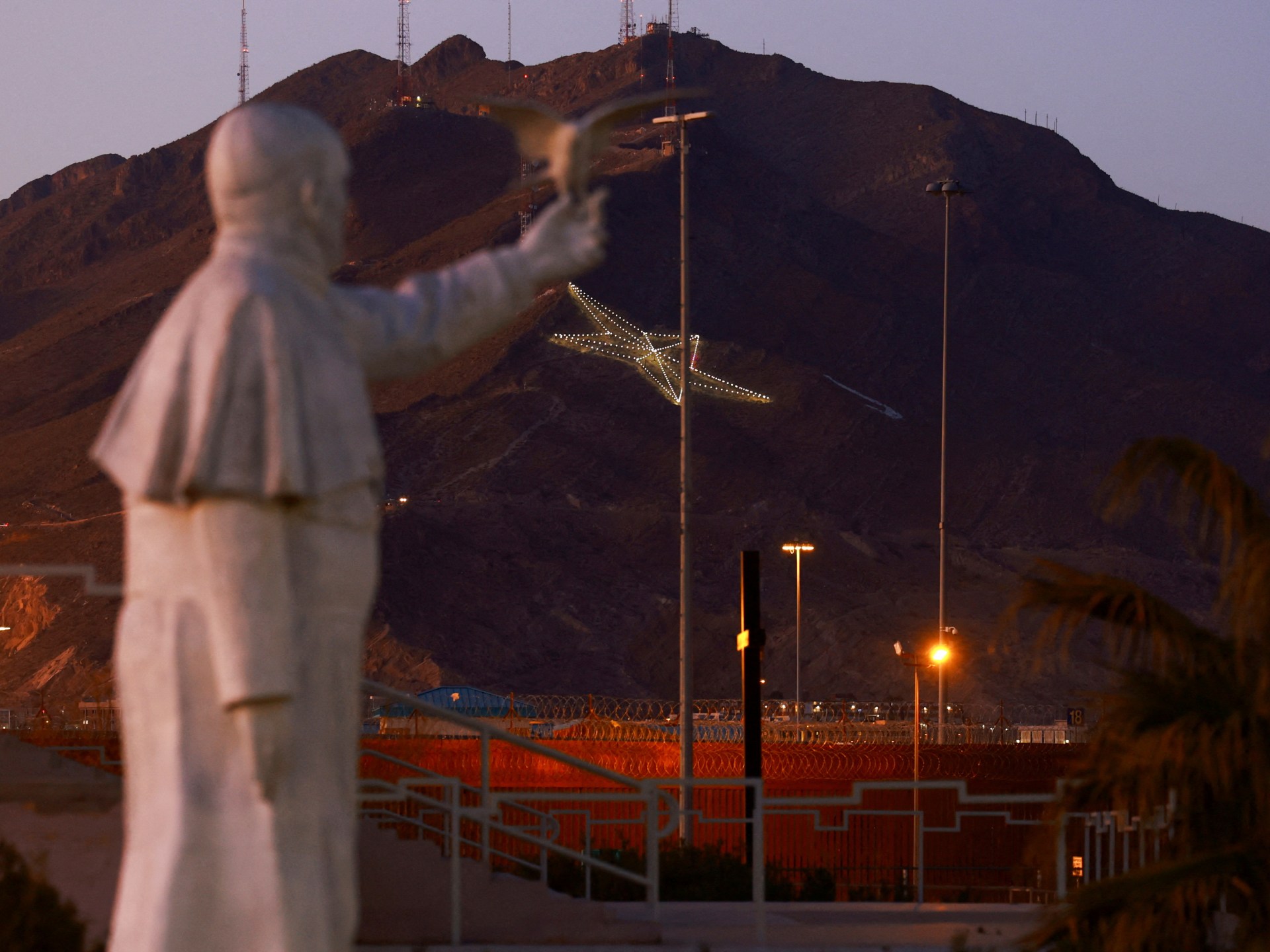Pope's Health Update: Pontiff Rests Peacefully After Critical Night

Pope Francis, the beloved 88-year-old leader of the Catholic Church, was rushed to Rome's Gemelli Hospital on February 14th after experiencing concerning respiratory difficulties. The unexpected hospitalization sparked immediate concern among the faithful worldwide, as the pontiff's health became a focal point of global attention. Medical staff at the renowned hospital quickly moved to provide comprehensive care, ensuring the Pope received the best possible treatment for his breathing challenges.

